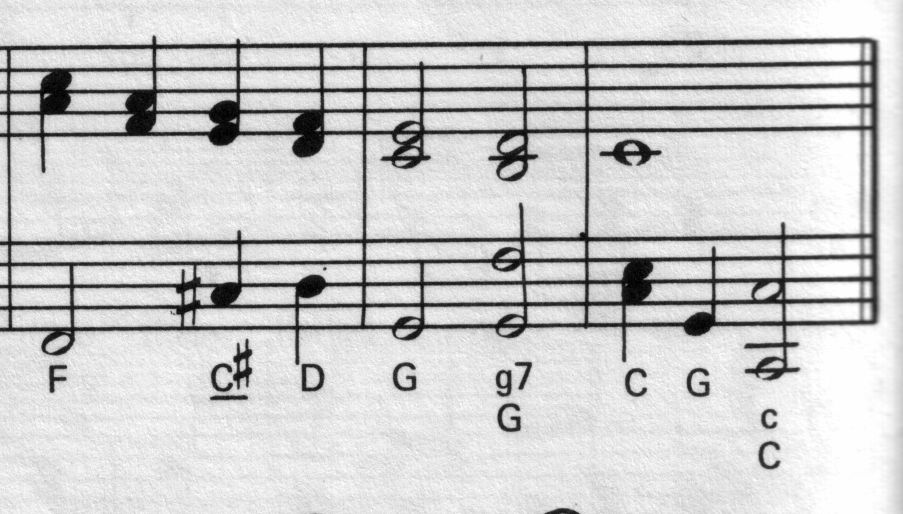[Date Prev][Date Next][Thread Prev][Thread Next][Date Index][Thread Index]
Re: accordion notation facility
|
From: |
David Kastrup |
|
Subject: |
Re: accordion notation facility |
|
Date: |
Thu, 17 Nov 2016 12:00:24 +0100 |
|
User-agent: |
Gnus/5.13 (Gnus v5.13) Emacs/25.1.50 (gnu/linux) |
Gianmaria Lari <address@hidden> writes:
> David Kaustrup wrote:
>
>
>> Well, standard bass is severely underrepresented in what I am
>> occasionally working with: I don't need it for accordion orchestra, and
>> I am not a particularly skilled arranger so I tend to just use the free
>> bass when playing stuff written for other instruments.
>>
>> But that's sort of underwhelming. There are a number of different
>> notations for standard bass (German, Russian, Italian) and it would nice
>> to have basically the same input.
>
>
> Yes it would be absolutely nice :)
>
> Anyway, I thought there was a standard international notation for
> accordion! Or anyway something that today is considered the way to go when
> you write accordion score. Isn't it?
You mean AAA (American Accordionists' Association) notation? There are
so many standards to choose from...
<http://www.planet-accordion.com/en/the-standard-basses-structure-and-notation/>
>> That's a bit more tricky for German since it often diverges into
>> having notes that would work also for free bass or piano and no
>> longer are in a 1:1 relation with buttons in the standard bass:
>> particularly bass melodies tend to be spelled out without a rigidly
>> located octave break in the notation, so one bass button may be
>> written in several different octaves, and chords may use different
>> inversions or a number of notes differing from 3 while keeping the
>> same harmonic function.
>
>
> Can you send me one example of german accordion notation?
Well, stuff like attached

is not uncommon. Basically this works on accordion with standard bass
(just use the rhythm and the chord names), free bass accordion,
keyboard, piano.
Other variants are less extreme and vary mostly by picking a nicer chord
inversion (translating g7 cm into <f g b> <c es g> is not a cadenza but
an ailment: you want either <f g b> <es g c'> or <b, f g> <c es g>)
and/or by letting bass melodies continue rather than jumping
octave.
>> So in the extreme case, you'll want to use one source for the chord
>> _namings_ that still are written as scripts to a bass staff generated
>> with _another_ source.
>>
>
> I'm sorry I don't understand.
When the notes have little to do with the chord buttons, you want to
enter them independently from the chord buttons.
>> I wrote AccordionStandardBass few months ago. Now that I understand a
>> > bit more lilypond I would like to rewrite it. The idea is to have a
>> > tool to write for accordion in "standard notation" and also generating
>> > corresponding midi output. If you David, or anybody else with more
>> > experience than me can help to do a better work it would be great.
>>
>> It would be reasonable if one form of input could be just notes since
>> that is what a Midi accordion will deliver as its raw form.
>>
>
> and here too, I'm sorry but I don't understand what do you mean.
A Midi accordion delivers note events on the Midi, nothing else.
Commonly even in the "correct" octave for accordion notation (even if
particularly acoustic instrument with Midi output sound quite
differently). A ChordNames context can interpret notes (though it sucks
at picking a good inversion), so obviously it would be nice if this also
worked for accordion notation input.
--
David Kastrup
